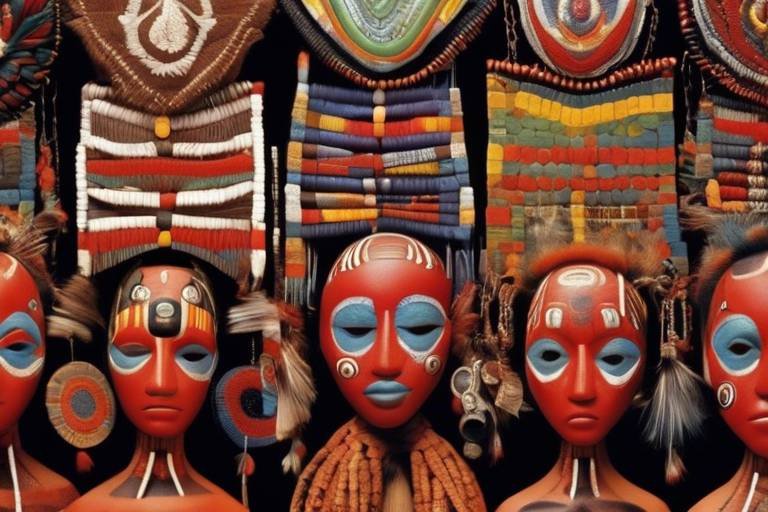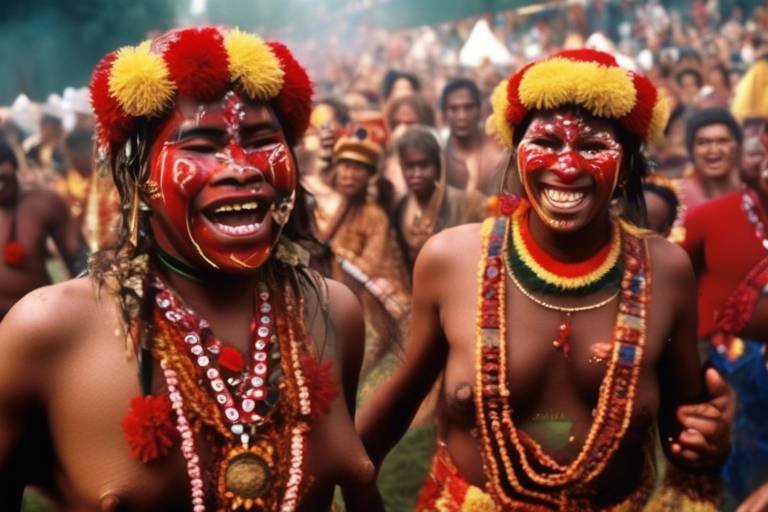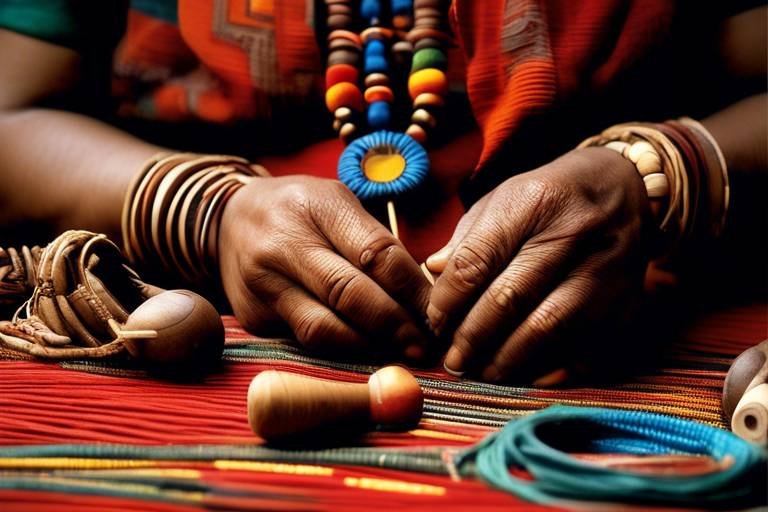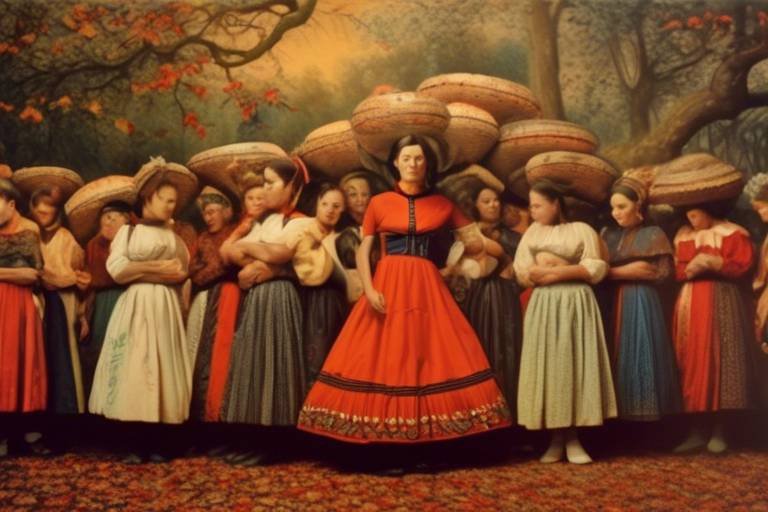The Significance of Masks in African Cultures
When delving into the rich tapestry of African cultures, one cannot overlook the profound significance of masks. These intricate pieces of art hold a deep historical, cultural, and spiritual importance across various African societies, playing pivotal roles in rituals, ceremonies, storytelling, and artistic expression.
Throughout the historical evolution of African masks, these artifacts have served as powerful symbols representing ancestors, spirits, and deities. They have been crafted and used over centuries, embodying the essence of tradition and heritage within diverse tribal communities.
The symbolism and meanings associated with African masks are as diverse as the continent itself. Colors, shapes, and patterns embedded in these masks carry deep cultural significance, reflecting the beliefs, values, and narratives of different tribal traditions.
One of the most intriguing aspects of African masks lies in their ritualistic functions. These masks play integral roles in traditional African ceremonies such as initiation rites, funerals, and harvest celebrations, acting as bridges between the spiritual realm and the earthly domain.
Exploring the various types and styles of African masks unveils a world of artistic diversity. From the geometric precision of Dogon masks to the vibrant hues of Yoruba creations, each mask tells a unique story and represents a distinct cultural identity.
When it comes to performance arts, African masks take on a whole new dimension. They become essential elements in dance, music, and theater, enriching storytelling and conveying profound cultural narratives to audiences.
In contemporary society, African masks continue to hold significant relevance. They are not only preserved and exhibited in museums and galleries worldwide but also celebrated in cultural events that honor the enduring legacy of African artistic traditions.
The impact of colonialism on African mask traditions cannot be overlooked. The era of colonial rule brought about cultural appropriation, exploitation, and suppression, which have had lasting effects on the practice and preservation of mask-making in Africa.
Despite the challenges posed by colonial history, there has been a revival and innovation in African mask artistry. Contemporary artists are breathing new life into traditional techniques and motifs, creating innovative forms of expression that honor the past while embracing the future.

Historical Evolution of African Masks
Exploring the historical, cultural, and spiritual importance of masks in various African societies, shedding light on their role in rituals, ceremonies, storytelling, and artistic expression.
Tracing the origins and evolution of masks in African cultures reveals a rich tapestry of tradition and symbolism. Dating back centuries, African masks have been integral to the cultural fabric of numerous societies across the continent. These masks were not merely decorative pieces but held profound spiritual significance, often representing ancestors, spirits, and deities. The intricate craftsmanship and attention to detail in these masks showcase the artistry and skill of African artisans throughout history.

Symbolism and Meanings of African Masks
Symbolism and meanings of African masks are deeply rooted in the cultural and spiritual beliefs of various African societies. These masks hold significant symbolism, representing various aspects of life, such as ancestors, spirits, and deities. The colors, shapes, and patterns of African masks carry profound meanings that vary across different tribal traditions. For example, the color red may symbolize power or vitality in one culture, while representing danger or sacrifice in another.
In African cultures, masks are not merely decorative objects but powerful symbols that convey complex messages. They serve as a visual language, communicating stories, histories, and spiritual connections. Each element of a mask, from its facial features to its embellishments, carries symbolic significance that is deeply ingrained in the cultural fabric of the community. The intricate designs and motifs on African masks often reflect the values, beliefs, and myths of the people who create and use them.
Moreover, African masks are imbued with spiritual meanings, acting as mediators between the human world and the spiritual realm. They are believed to possess the power to channel ancestral spirits, invoke blessings, or ward off evil forces. Through elaborate rituals and ceremonies, masks are activated to harness their spiritual energies and fulfill their intended purposes, whether in healing ceremonies, agricultural rituals, or rites of passage.
Additionally, the symbolic meanings of African masks extend beyond the physical object itself to encompass the performance and context in which they are used. When worn during dances or theatrical performances, masks come to life, embodying characters, spirits, or mythological beings. The movements and gestures of the mask wearer further enhance the symbolic storytelling, captivating audiences and conveying cultural narratives that have been passed down through generations.

Ritualistic Functions of African Masks
Ritualistic Functions of African Masks: African masks play a vital role in various traditional rituals and ceremonies across the continent. These masks are not merely decorative pieces but hold deep spiritual significance for the communities that use them. In many African societies, masks are believed to embody the spirits of ancestors or deities, acting as intermediaries between the physical and spiritual realms. During initiation ceremonies, masks are worn to invoke ancestral blessings and protection, guiding the initiates through their rites of passage.
Furthermore, African masks are central to funeral rituals, where they serve as a means of honoring the deceased and facilitating their journey into the afterlife. The masks are often intricately designed to represent specific ancestors or spirits, with each detail carrying symbolic meaning. Additionally, masks are prominently featured in harvest celebrations, symbolizing fertility, abundance, and the cyclical nature of life.
Through the act of donning masks, participants in these rituals embody the spirits they represent, channeling their energy and wisdom. The dances and performances associated with these rituals are not just entertainment but a sacred form of communication with the spiritual realm. The rhythmic movements and symbolic gestures express the stories, myths, and values of the community, reinforcing cultural identity and cohesion.
Moreover, the wearing of masks is believed to bestow transformative powers upon the wearers, allowing them to transcend their individual identities and connect with ancestral knowledge. The intricate patterns, colors, and materials used in crafting these masks hold deep symbolic significance, reflecting the cosmology and belief systems of the respective cultures. In essence, African masks are not mere objects but living embodiments of cultural heritage and spiritual power.
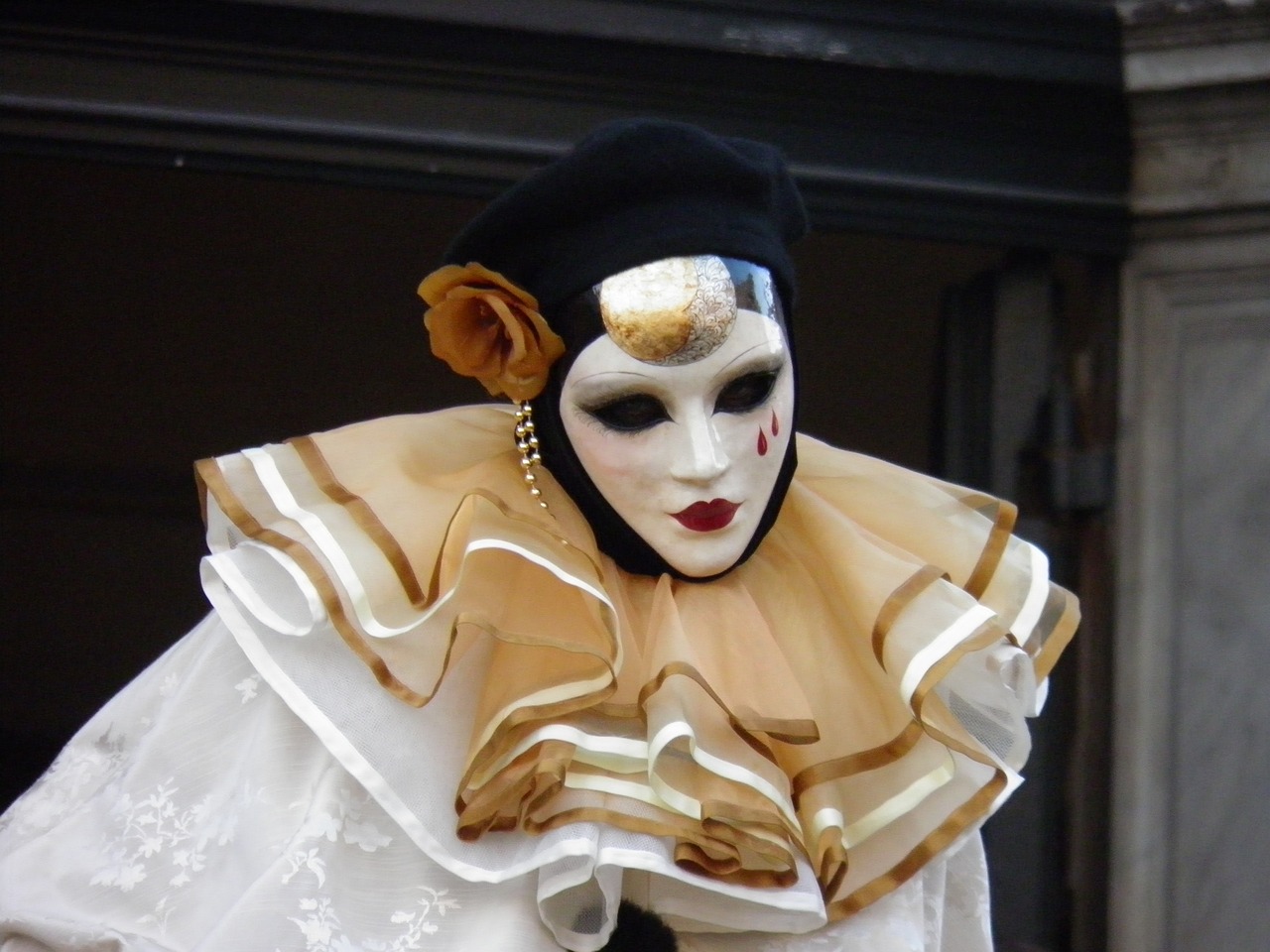
Types and Styles of African Masks
When it comes to African masks, the diversity in types and styles is truly remarkable. Each mask carries its own unique characteristics, reflecting the rich cultural tapestry of the continent. From the elongated faces of the Fang masks to the intricate beadwork of the Zulu masks, African artistry shines through in the myriad designs.
One prominent type of African mask is the helmet mask, which covers the entire head of the wearer and often features elaborate carvings and decorations. These masks are commonly used in ceremonies and rituals to embody ancestral spirits or mythical beings, serving as a powerful symbol of connection to the spiritual realm.
On the other hand, face masks are more common in certain regions, such as the Dan people of Liberia and Ivory Coast. These masks typically have realistic facial features and are used in ceremonies to honor ancestors, invoke blessings, or communicate with spirits. The intricate detailing on these masks showcases the skilled craftsmanship of African artisans.
Another fascinating style is the crest mask, characterized by its vertical projection above the head, resembling a headdress. These masks are often used in masquerade performances and are adorned with symbolic elements that represent specific deities, animals, or cultural concepts. The Bamileke people of Cameroon are known for their elaborate crest masks, which are worn during important ceremonies and celebrations.
Furthermore, the geometric masks of the Dogon people in Mali stand out for their abstract designs and precise patterns. These masks are believed to embody spiritual forces and are used in rituals to promote harmony, fertility, and protection within the community. The geometric motifs on these masks convey deep symbolic meanings that are integral to Dogon cosmology.
Lastly, the colorful masks of the Yoruba tribe in Nigeria are a vibrant display of artistic expression and cultural heritage. These masks often feature bright hues, bold patterns, and intricate beadwork, reflecting the Yoruba's rich visual language and spiritual beliefs. Used in various ceremonies and performances, Yoruba masks are a visual feast that captivates audiences with their beauty and symbolism.
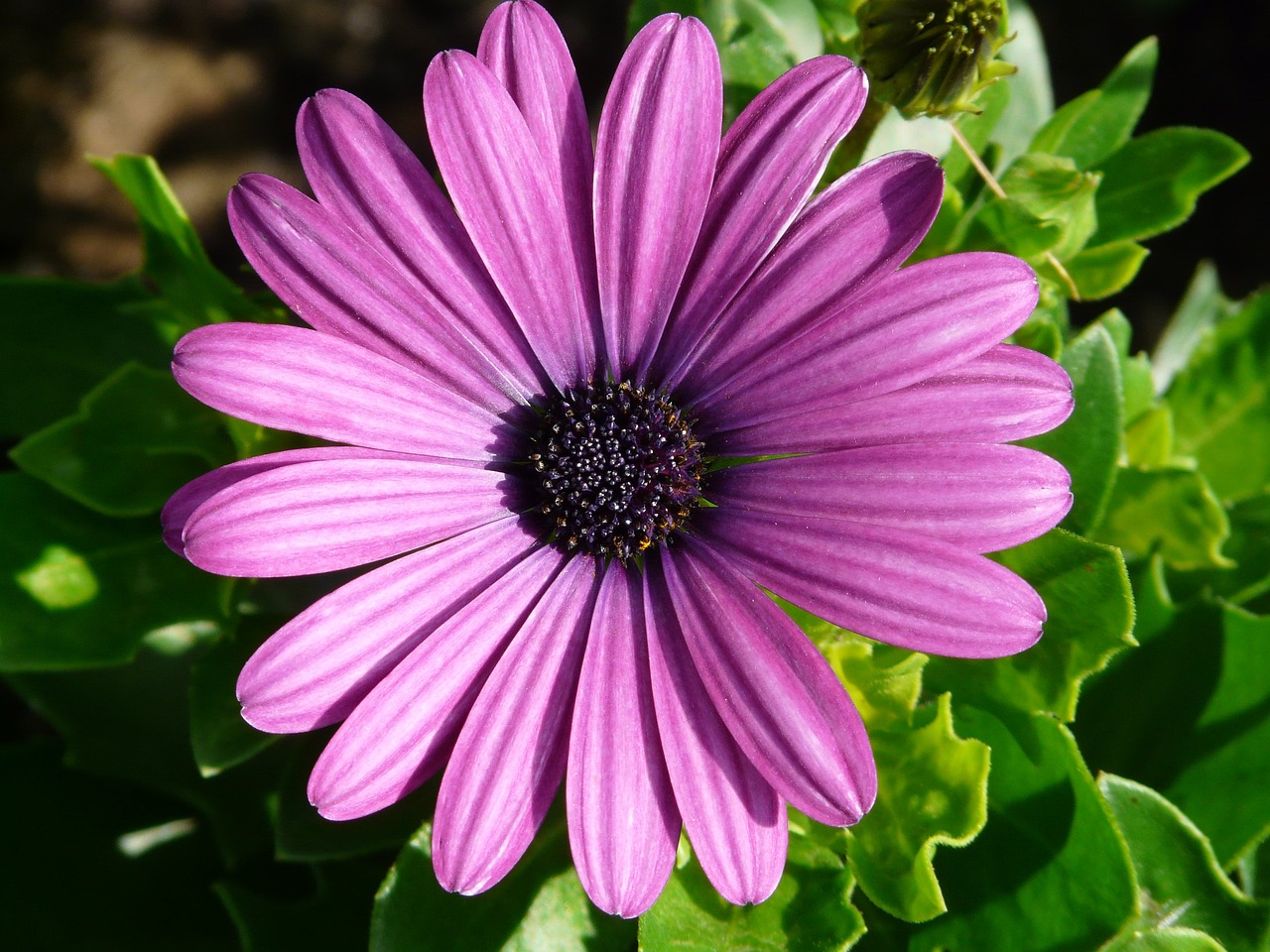
Role of Masks in Performance Arts
Masks play a vital role in the vibrant world of African performance arts, adding a layer of depth and mystique to various artistic expressions. Imagine a traditional dance performance where the dancers don intricately crafted masks, each mask telling a unique story through its colors, shapes, and symbols. These masks are not mere accessories but powerful tools that transform the performers into embodiments of ancestral spirits or mythological beings, captivating the audience with their symbolic presence. In African theater, masks serve as visual cues that guide the audience through complex narratives, enhancing the storytelling experience with their visual impact. The masks become the characters themselves, allowing the performers to embody different personas and convey emotions that transcend language barriers. Through the art of mask performance, cultural traditions are preserved and passed down from generation to generation, ensuring that the rich tapestry of African heritage remains alive and vibrant. Moreover, masks in African music performances add a dynamic element to the auditory experience, creating a multisensory spectacle that engages both the eyes and ears of the audience. The rhythmic movements of the masked performers syncopate with the beats of the music, creating a mesmerizing fusion of sound and movement that transports the viewers into a realm of spiritual connection and artistic expression. In essence, masks in African performance arts are not just decorative pieces but living embodiments of cultural narratives, spiritual beliefs, and artistic prowess. They bridge the gap between the earthly realm and the spiritual world, transcending time and space to connect people with their heritage and identity. Whether in dance, theater, or music, African masks continue to captivate audiences worldwide, serving as powerful symbols of creativity, tradition, and resilience.

Contemporary Significance of African Masks
The transcends their traditional roots, finding new relevance and appreciation in today's globalized world. These intricate pieces of art continue to captivate audiences worldwide, not only for their aesthetic beauty but also for the cultural richness they embody. Museums and galleries around the globe showcase African masks, recognizing them as valuable artifacts that offer insights into the diverse cultures of the continent.
Moreover, contemporary artists are incorporating African mask motifs and techniques into modern art forms, bridging the gap between tradition and innovation. By reinterpreting traditional designs and experimenting with new materials, these artists are breathing new life into the ancient art of mask-making, ensuring its survival and evolution in the face of changing times.
Through exhibitions, workshops, and cultural events, the contemporary significance of African masks is celebrated and shared with a global audience. These events not only educate people about the cultural significance of masks but also foster appreciation for the artistic skill and creativity involved in their creation. As symbols of identity, spirituality, and heritage, African masks continue to inspire and intrigue people of all backgrounds, keeping the spirit of African traditions alive in the modern world.
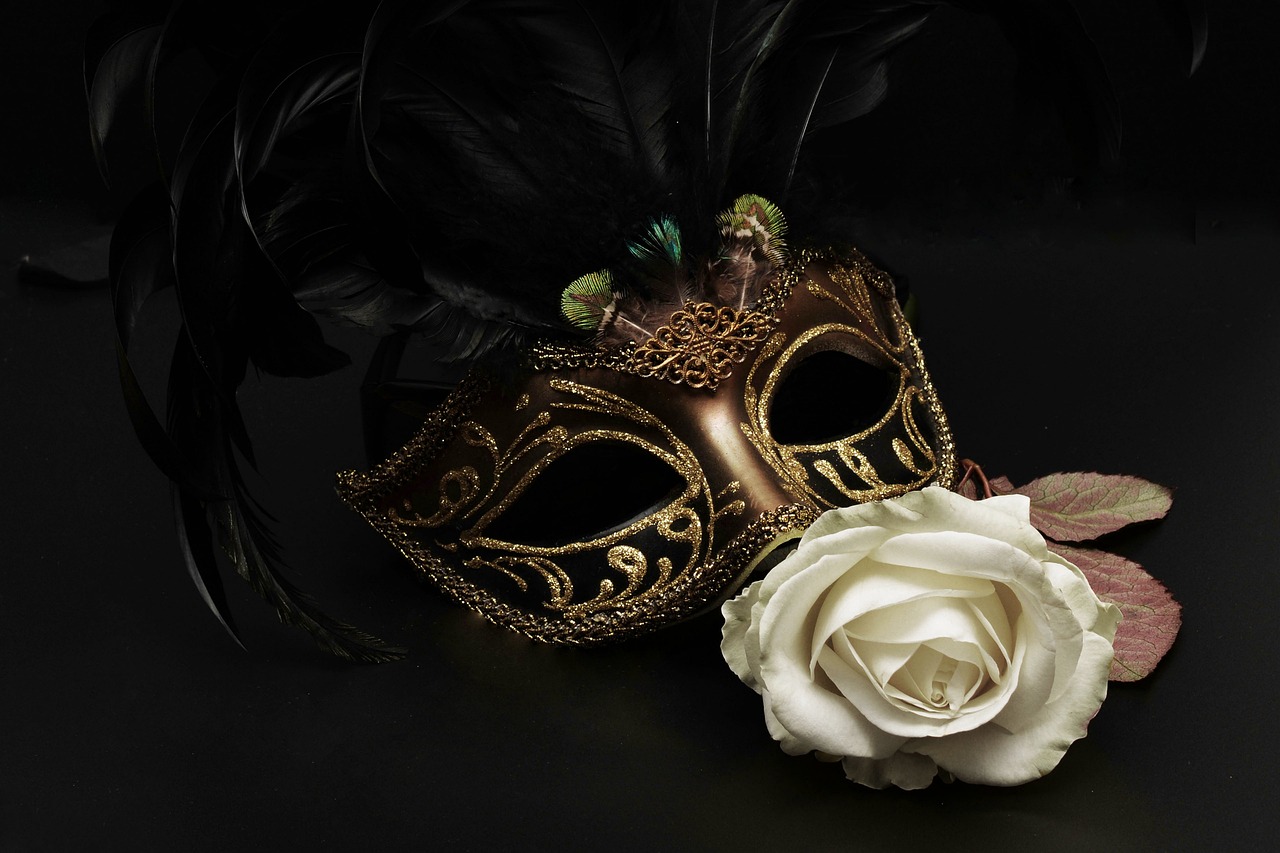
Impact of Colonialism on African Mask Traditions
Colonialism had a profound impact on African mask traditions, reshaping centuries-old practices and beliefs. The arrival of European colonizers in Africa brought about significant changes in the way indigenous cultures viewed and utilized masks. The imposition of Western ideologies, religions, and political systems led to the marginalization and suppression of traditional African customs, including the art of mask-making.
One of the major consequences of colonialism on African mask traditions was the loss of cultural autonomy and authenticity. As European powers sought to assert control over African territories, they often denigrated local traditions as primitive or pagan, leading to the stigmatization of mask rituals and ceremonies. This cultural denigration resulted in the erosion of intergenerational knowledge transfer, as younger generations were discouraged from practicing traditional mask-making techniques.
Furthermore, colonialism disrupted the spiritual significance of African masks by imposing foreign religious beliefs that clashed with indigenous cosmologies. The introduction of Christianity and Islam in many African societies led to the demonization of traditional spiritual practices, including the worship of ancestral spirits through masks. As a result, the sacred meanings and rituals associated with African masks were either distorted or suppressed, diminishing their symbolic power and cultural relevance.
Moreover, the economic exploitation of African resources during the colonial era had a detrimental effect on the production and distribution of African masks. As European colonizers prioritized profit over cultural preservation, they often commodified indigenous art forms, including masks, for export to Western markets. This commercialization of African masks not only devalued their cultural significance but also perpetuated stereotypes and misrepresentations of African artistic traditions.
In the post-colonial era, African communities have been grappling with the legacy of colonialism on their mask traditions, seeking to reclaim and revitalize their cultural heritage. Through initiatives aimed at preserving traditional craftsmanship, promoting intercultural dialogue, and challenging colonial narratives, many African artists and scholars are working towards restoring the authenticity and integrity of African mask traditions. By acknowledging the impact of colonialism on African mask-making practices, societies are able to confront historical injustices and envision a future where indigenous art forms are celebrated and respected.

Revival and Innovation in African Mask Artistry
In recent years, there has been a notable resurgence in the artistry of African masks, with contemporary artists breathing new life into traditional techniques and designs. This revival is not merely a replication of past styles but a reimagining of African mask-making, blending innovation with cultural heritage.
One of the key aspects of this revival is the fusion of traditional craftsmanship with modern artistic practices. Artists are experimenting with different materials, such as metal, glass, and even recycled materials, to create masks that reflect the changing times while still honoring the ancestral roots of the craft.
Moreover, there is a growing trend of collaboration between artists from different African regions and even across continents. This cross-pollination of ideas and techniques has led to the emergence of hybrid mask styles that incorporate elements from diverse cultural backgrounds, resulting in truly unique and dynamic artworks.
Contemporary African mask artistry is also marked by a shift towards more abstract and conceptual designs. Artists are exploring new forms of expression, pushing the boundaries of traditional aesthetics to convey complex themes and emotions through their creations.
Furthermore, the digital age has opened up new possibilities for African mask artists to reach global audiences and engage with diverse communities. Social media platforms and online galleries have become vital tools for showcasing and promoting their work, allowing them to connect with collectors, curators, and art enthusiasts worldwide.
This resurgence of interest in African mask artistry not only celebrates the rich cultural heritage of the continent but also paves the way for continued innovation and creativity in the field. As artists continue to push the boundaries of tradition and explore new artistic horizons, the legacy of African masks is being redefined for the modern era.
Frequently Asked Questions
- What is the historical significance of masks in African cultures?
The historical significance of masks in African cultures dates back centuries, where they have been used in rituals, ceremonies, and artistic expression. Masks often represent ancestors, spirits, and deities, serving as a connection between the spiritual and earthly realms.
- What are the different types and styles of African masks?
African masks come in various types and styles, ranging from the geometric designs of the Dogon to the colorful masks of the Yoruba. Each tribe and culture has its unique symbols, colors, and patterns that hold specific meanings and represent different aspects of their traditions.
- How are masks used in African performance arts?
Masks play a vital role in African performance arts, such as dance, music, and theater. They enhance storytelling by representing characters, conveying emotions, and preserving cultural narratives, adding depth and authenticity to the performances.
- What is the contemporary significance of African masks?
Despite their ancient origins, African masks continue to hold significance in contemporary society. They are preserved, exhibited, and celebrated in museums and cultural events worldwide, showcasing the enduring cultural richness and artistic heritage of African traditions.
- How has colonialism impacted African mask traditions?
Colonialism has had a profound impact on African mask traditions, leading to cultural appropriation, exploitation, and suppression. The colonial era disrupted traditional practices and caused a loss of cultural heritage, influencing the way masks are viewed and created in modern times.




